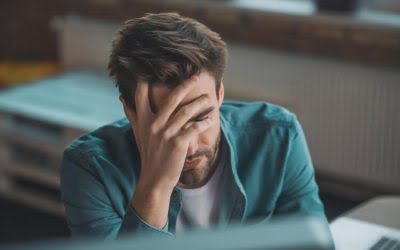The Effects of Combining Alcohol with Other Drugs University Health Service
Content
If you think you may have a medical emergency, immediately call your physician or dial 911. Promethazine-codeine) are powerful central nervous system depressants whose effects would be increased by alcohol, leading to excess drowsiness and dizziness. Speak with your doctor or pharmacist before mixing an antihistamine with your favorite cocktail. Interferes with clotting so, when you mix the two, the risks increase even more.

In short, alcohol and pain medication are a deadly combination, so it’s best not to mix them. Verywell Health’s content is for informational and educational purposes only. Our website is not intended to be a substitute for professional medical advice, diagnosis, or treatment. If you’re at low risk of addiction to alcohol, it may be OK to have an occasional drink, depending on your particular situation, but talk with your doctor.
Allergy medications
Both alcohol and antibiotics have individual sets of side effects that impact an individual’s behavior and mental state. A handful of antibiotics can cause violent physical reactions when combined with alcohol. Not only will you want to avoid drinking while using the drug, but you should also avoid alcohol for several days afterward, too.
That’s true for both over-the-counter and prescription medications—and even mixing alcohol with natural remedies, like St. John’s Wort, can be problematic. The consequences of drinking while taking medications can range from minor to fatal. Combining them with alcohol can make a person sleepy and dizzy. Motor control, behavior, and memory can all be affected as well. Some arthritis medicines, when combined with alcohol, can cause ulcers, stomach bleeding, and liver damage. Lastly, in the more severe cases, when using sleeping pills and alcohol simultaneously, you can lose your life.
Myths about alcohol and medicines
Drinking large amounts of alcohol with cholesterol-lowering drugs may increase your risk of liver damage. Niacor can cause increased flushing and itching, and Pravigard https://ecosoberhouse.com/ can cause increased stomach bleeding. Mixing sleeping pills with alcohol is a bit like playing personal roulette, says an expert writing for Psychology Today.
What pills should not be mixed with alcohol?
- Pain medications.
- Anxiety medications (Ativan, Xanax) and sleeping pills (Ambien, Lunesta)
- Antidepressants and antipsychotics.
- ADHD medications (Adderall, Ritalin)
- Antibiotics (azithromycin, metronidazole)
- Nitrates and blood pressure medications.
Antidepressants can cause drowsiness and dizziness that can be made worse with alcohol. Mixing any of the antidepressants below with alcohol can also increase feelings of depression or hopelessness. If you are hoping to drink alcohol with your sleeping pills to feel a fuzzy or blurry high, this is also cause for concern. If you Alcohol and Pills absolutely must mix the two substances, an expert writing for Live Science suggests placing at least six hours between your last drink of alcohol and your first dose of sleeping pills. That lag time could allow your body to process all of the active alcohol you’ve ingested before the sleeping pill begins to take effect.
